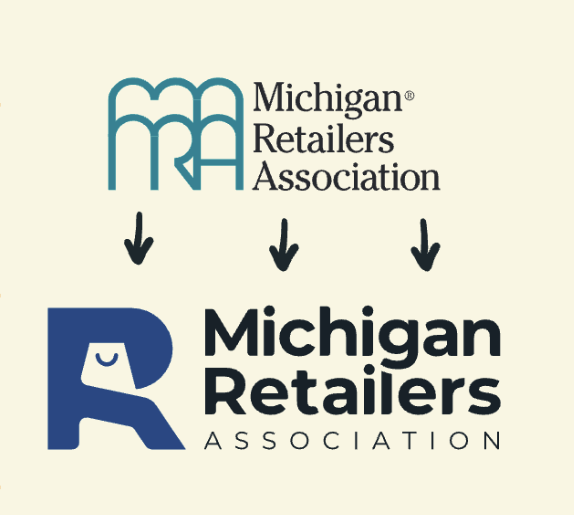About MRA
Merchant Processing
Insurance
Advocacy
Get Engaged
The Newstand
For the Good
of Retail
MRA brings together Michigan’s retail community (from independent shop owners to merchant processors and policymakers) offering exclusive benefits, expert guidance, and powerful advocacy to help you thrive.
.png?width=1284&height=1091&name=mra-hero-image%20(1).png)
When Retailers Thrive, Communities Flourish.

Running a business today is more complicated than ever—especially for Michigan retailers. Without the right support, it’s easy to fall behind on compliance, lose money on fees, and feel isolated from the policies shaping your future. MRA exists to make sure you don’t have to face those challenges alone.
We Bring Clarity, Savings, and Real Community to the People Who Power Michigan’s Economy.
Belong to a Community
Join a network of business owners and policymakers working together for retail’s future.
Protect Your Business
Expert guidance, compliance support, and tools to stay ahead of legislative changes.
Have a Voice
Advocate for retail-friendly policies with a powerful, unified voice in Lansing.
Get Expert Support
Real people, not bots—helping you get the most out of your membership.
Save Money
Exclusive discounts on merchant processing, shipping, insurance, and more.
There’s Strength in Numbers. You Don’t Have to Do This Alone.
For over 85 years, MRA has helped thousands of Michigan retailers save money, stay compliant, and influence meaningful change. Our team of real people—experts, advocates, and problem-solvers—are here to walk alongside you, not sell to you. Whether you're overwhelmed by compliance, wasting money on outdated systems, or unsure where to turn next—we’ve got your back.
 Proudly supporting Michigan businesses since 1940.
Proudly supporting Michigan businesses since 1940.
 A growing community of businesses who believe in better retail.
A growing community of businesses who believe in better retail.
 From merchant processing to workers' compensation, our solutions are tailored for retail.
From merchant processing to workers' compensation, our solutions are tailored for retail.
 We care about your business like it’s our own—and we’re here to prove it.
We care about your business like it’s our own—and we’re here to prove it.

Becoming a
Member
Join or Get a Quote
Take the first step—join online or get a custom quote based on your needs.
Get Personalized Guidance
Our team follows up to identify the best services for your business—from merchant processing to legislative support.
Save Money & Feel Supported
Start seeing real savings, peace of mind, and the power of a retail community that has your back.
Latest from MRA

ADA Compliance
2 minute read
ADA Etiquette for Retailers
Great retail experiences are built on respect, clarity, and human connection. Disability etiquette,...

Featured Members
3 minute read
Midwest Bridal Brand Plants Roots in Detroit
When Lindsay Fork opened the doors to her first Luxe Redux Bridal boutique in 2011, she wasn’t...

Government Affairs News
3 minute read
Regulatory Rundown: February/March 2026
Revisiting Michigan’s “Open and Obvious” Doctrine In December, the American Tort Reform Association...


